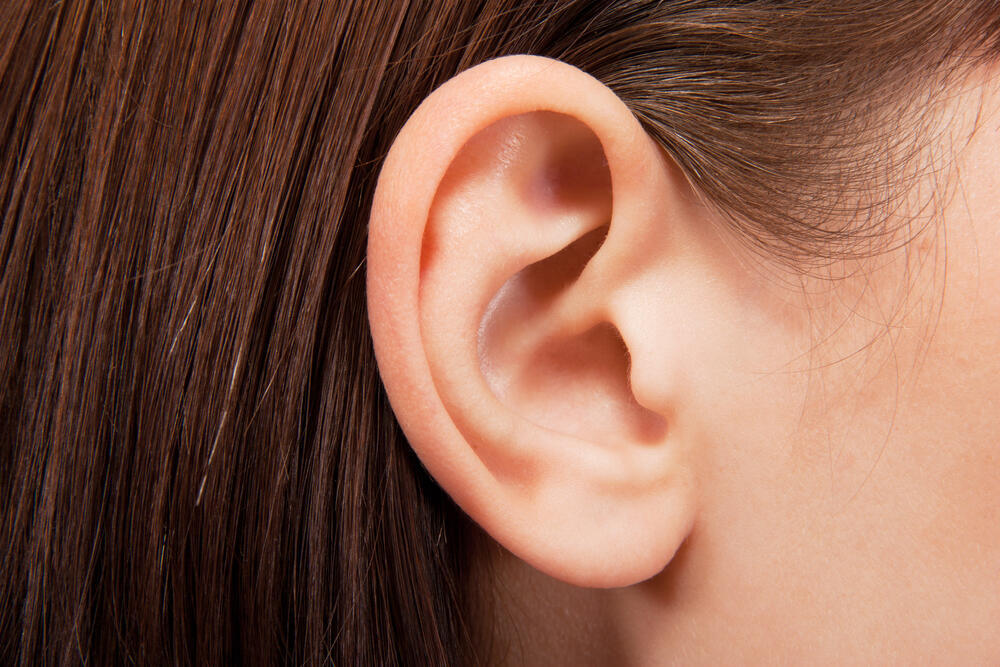Getting your Trinity Audio player ready...
A groundbreaking gene therapy trial has restored hearing in several children born with profound deafness, allowing them to hear voices at a conversational volume and locate the source of sounds.
The findings were published in the journal Nature Medicine. The gene therapy demonstrated significant improvement in hearing ability, speech recognition, and sound source localization in treated children.
The clinical trial, led by researchers from Mass Eye and Ear and Eye & ENT Hospital of Fudan University in Shanghai, involved injecting a modified virus carrying a working gene into the inner ear of children with inherited deafness caused by mutations in the OTOF gene.
Five children in the trial regained hearing in both ears, while six children in an earlier trial gained hearing in one ear, with further improvements expected.
The study is the first to administer gene therapy to both ears, demonstrating additional benefits compared to unilateral treatment, including improved speech perception and sound localization.
The gene therapy, known as AAV1-hOTOF, showed significant progress in hearing ability with no major side effects, and could potentially help more children with other types of deafness caused by genes, as DFNB9 (the condition treated in the trial) accounts for 2-8% of congenital hearing loss cases.
Over 430 million people globally have disabling hearing loss, with 26 million having congenital deafness, mostly due to genetic factors like mutations in the OTOF gene.
This article was written in collaboration with Generative AI news company Alchemiq
Sources: The Guardian, Independent, Fox News, New Scientist, Forbes, Urdu Point, Mirage News, Medical Xpress, and GEN.


